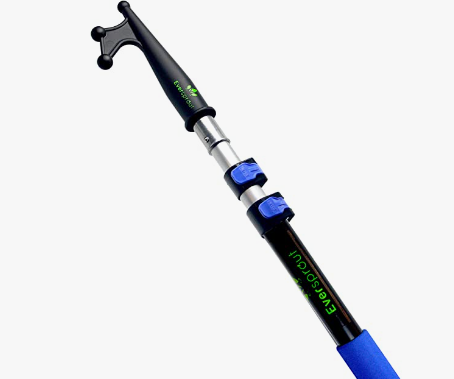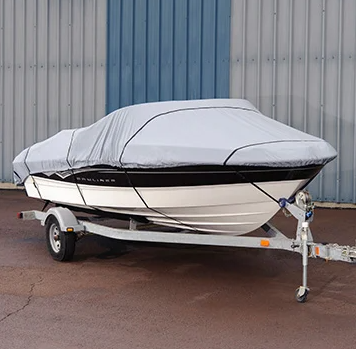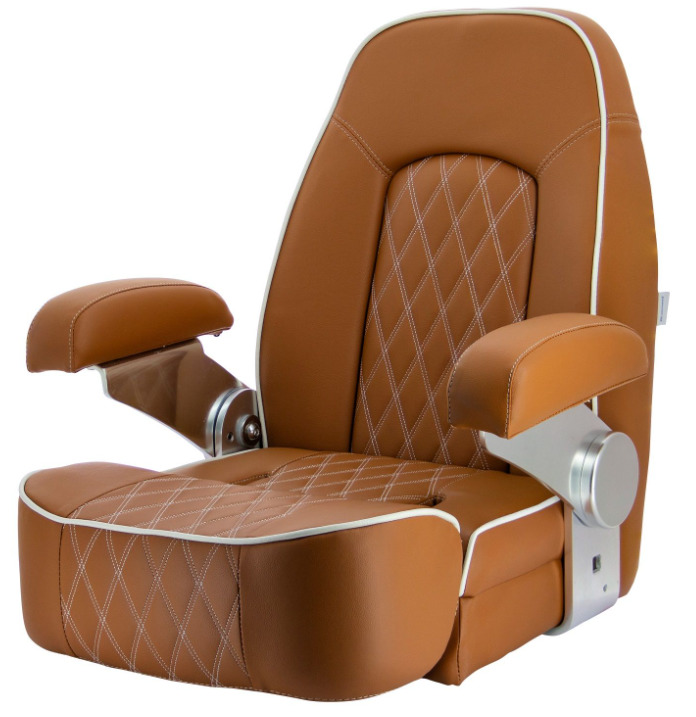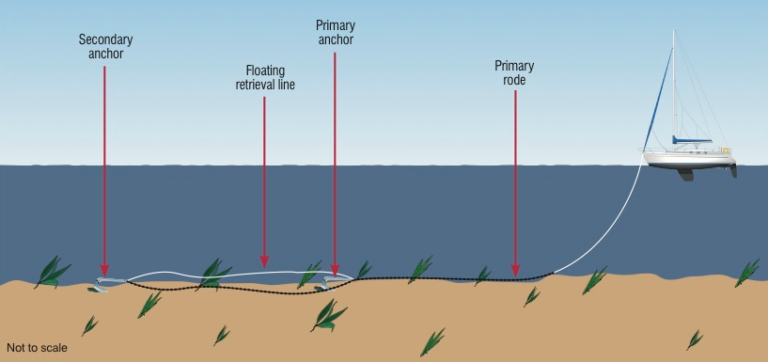Last Updated on November 26, 2022 by Brian Drew
For nature lovers, traveling by boat gives immense pleasure, sailing across the deep Blue Ocean in fresh, thin air. But boat traveling has its own drawbacks. If any crisis occurs due to natural calamities or technical reasons, it proves to be a nightmare for any boat traveler. One such problem is a boat catching fire.
‘Boat fire’ often becomes catastrophic. While surrounded by water, seeking assistance from the shore or from any other source is time-consuming. Hence self-help is the only way to prevent disaster and safeguard our lives on board.
Taking precautions like practicing fire drills and keeping a good stock of fire extinguishers helps to handle the situation wisely thus preventing loss of lives. Overall, maintaining the boat hardware in proper condition and overhauling the boat motor, fuel lines, etc each time before leaving the dock is necessary. To have a trouble-free sailing experience one must have an efficient boat motor from a reputed company.
Causes of Boat Motor Fire
Any mechanical equipment is prone to accidents. Improper handling, design flaws, or environmental conditions can lead to a system failure which may result in untoward incidents. For a boat motor to catch fire some basic factors like heat, fuel, and air play an important role. The causes of boat motor fires are many. Some of the commonly occurring reasons are:
- If the electrical components or insulations are tattered, the boat motor catches fire. The broken or improperly connected electrical connections lead to sparking which in turn leads to fire.
- If the fuel gets leaked while filling the fuel tank, it accumulates in and around the boat motor. Due to the increase in the motor temperature or due to electrical fault or other external fire hazards, the boat motor catches fire.
- Due to the presence of any combustible substance like wood, paper, or metals, boat fire occurs. These substances can either be part of the sub-components of the motor or external additions like covers etc.
- Overheated grease or rags in contact with the turbocharger aids in the start of fire externally which then spreads to the other parts of the boat motor.
Prevention Is Better Than Cure
How to prevent Boat Motor fire? Certain simple and effective steps go a long way in preventing fires on board. Taking precautions is always better than facing the problem. There are four major preventive steps that a sailor needs to take before venturing out:
- The most common and yet avoidable are fuel-related fires. While fueling the boat, close all hatches and extinguish all smoking materials. The engines, electrical equipment, stoves, radios, and other appliances need to be turned off. Keep the nozzle in contact with the tank and spilled fuel needs to be cleaned. Ventilate properly by opening all doors, ports, and hatches. Check for vapors before starting the engine.
- Electrical problems arising from ‘Do-it-yourself’ techniques and the use of electrical tapes to temporarily address any issue are unsafe. Check for wear, tear, and corrosion. Get wiring changed at regular intervals.
- Maintenance lapses can prove to be costly. Overhaul all systems of the boat at regular intervals and learn to spot trouble at the start.
- Investment in fire safety systems is essential. Install an extinguishing system in the engine box. Have adequate fire extinguishers on board. Also, all flammable materials must be stored at places with good circulation and away from any electrical connections or engine compartments.
Dealing with Boat motor Fire
Boat fires are also especially hazardous because fiberglass burns vigorously and emits toxic fumes. If a boat motor catches fire, a sailor should have first-hand knowledge of how to deal with the mishap. Practicing fire drills and educating co-travelers on tackling the disaster is essential. In order to prevent boat motor fire the following measures should be taken care of:
- Should have an ideal boat motor with a good design and robust construction to prevent fire.
- Should prevent heat from ignition sources by using authentic flame control devices.
- Should have a good insulation system to prevent sparking.
- Should not have any combustible components like paper, wood, etc.
- Should have a robust gasoline supply system to prevent leakage.
- Should have a proper water cooling system that helps to reduce heat instantly.
- Check for fuel mixing with other accessories or sub-components.
- Remove fuel vapors if any from the confined spaces in the engine compartments and other parts.
- Adopt boating safety regulations to get equipped with the right kind of hardware for preventing fire.
Immediate Actions on Boat Motor Fire
Any accident can be controlled and the damage is minimized if the action in the correct sequence is initiated within the first few seconds. Before reaching for help from an external source, a boat traveler needs to react promptly and try to extinguish the fire before it engulfs the boat. Some immediate actions to be taken are:
- Switch off the motor and bring the boat to a stop.
- The slow fire spread by turning the boat to minimize wind across the deck.
- Raise the alarm on observing the fire so that all personnel in the boat are alerted.
- Use a fire extinguisher on the fire. (Different types of fire require a different type of extinguisher).
- Get all personnel to move away from enclosed spaces.
- When the fire is put out, clear the boat / enclosed space of smoke to confirm there are no lingering sparks.
- Flooding the engine has its own pros and cons and must be done after due deliberation.
- Provide first aid to all injured personnel as the earliest.
- Evaluate the damage to make an assessment of whether to continue with the journey or return to shore.
A Good Fire Resistant Boat Motor
Any boat traveler who is well-informed about the causes and ways to prevent boat fire would opt for a premium quality boat motor that works efficiently. Hence there is a requirement for a boat motor that is made of robust anti-fire material with sound electrical components and connections. Moreover, it should possess an efficient cooling system to prevent overheating. A good fuel supply circuit is also essential. The boat motor should be well-designed by a reputed company with good quality, craftsmanship should be light-weighted and reliable. It must be user-friendly for use by both beginners and sailing experts.
Abandon Boat: The Last Resort
If nothing else works, be prepared to abandon the boat. Loss of the boat may be painful but better than the loss of life. Have alternate arrangements like life jackets or small inflatable dingy suitably stored for faster use. Have proper radio equipment on board to contact shore / nearby vessels for help. Learn and practice emergency procedures to minimize damage.
Conclusion
A pleasant boat trip can turn into a terrifying journey if the equipment used is not proper as the help is not easy to get. Selection of an excellent outboard motor both from the performance and safety standards is absolutely essential for an incredible sailing experience. Also, it is incumbent on the user to ensure that they are familiar with the operating instructions as also the emergency procedures to prevent damages.






